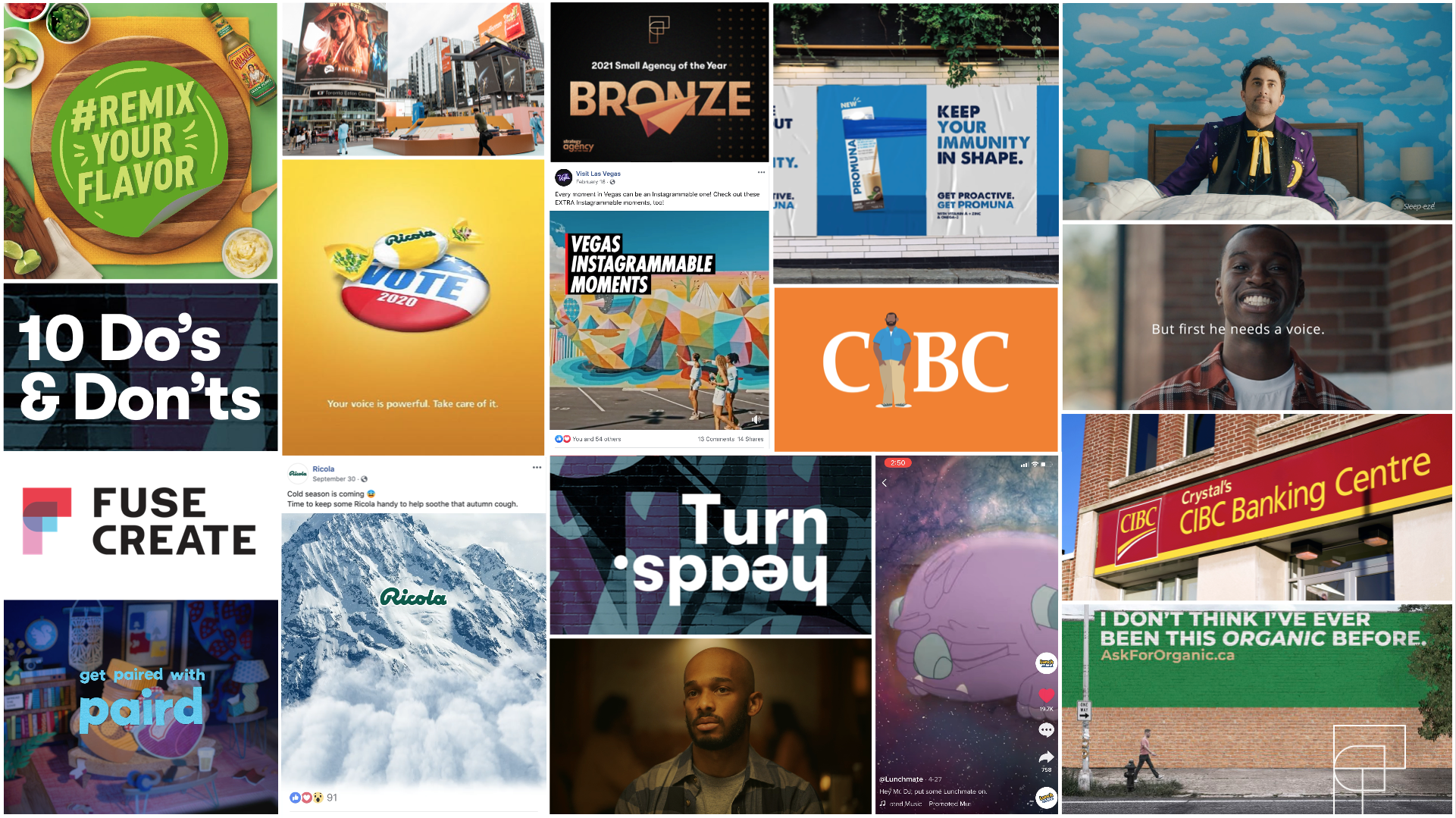
It’s not always easy, but let’s focus on the good in these difficult times
Choose positivity and good energy to counter the anger and fear that grows with isolation, says Stephen Brown. Originally appeared in The Message on April 6, 2020.

This past weekend, I experienced two emotional extremes of coping with 21 days of a global pandemic that has everyone on edge.
The high came during a great Zoom call I had with friends on Saturday night. Six of us, who went to university together in the late ’80s and are still in regular contact, gathered together for a video chat to keep spirits up and help alleviate the feeling that we’re all drinking too much in the quiet of our respective homes.
The true high—beyond the pleasure of spending time with friends—was when it was my turn to answer that reoccurring question, “How are you managing at this time?”
My usually flippant nature was surprisingly pushed aside for a brief moment of sincerity.
Staring back on my computer screen was a dear friend who’s been living with a very tough form of cancer for four years, and other friends who’ve had their own challenges to manage that are further intensified during times like these.
Instead of being glib, I focused on all I have versus what I don’t, or what superficial deprivation I’m missing most (i.e. why is my house cleaner not an essential service?). My answer was “I have David (my husband), a nice home with enough space for us both to work, we have great friends like you, we’re both employed (yes I’ve taken a pay cut… but I’m still bringing in a salary) and most importantly, we’re healthy. The rest is inconsequential.”
By focusing on what I have, rather than what I’m missing or frustrated about, or even scared about, I felt free of the COVID stranglehold we’ve all been feeling—for a few hours, at least.
Thinking about what I have versus what I’m missing gave me the perspective to feel great at a time when I haven’t been feeling great. And a reminder that if we focus on positive messaging, we get positive responses. It was an amazing call.
Sadly, my extreme low quickly followed the next morning. I had planned a physically distant walk on Sunday with another friend who lives alone. I’ve been making extra effort to connect with people who live alone as I empathize with the level of isolation they’re feeling.
We agreed to meet at a park in Cabbagetown, near Riverdale Farm in Toronto’s east end.
I choose this spot for two reasons: One, because I love walking in that neighbourhood and checking out the old Toronto architecture; and two, because my best friend Kevin, who passed away two years ago, has a memorial bench there, placed by his husband. Whenever I have a chance, I love sit there and talk to Kevin (I keep the talking in my head as I’m conscious of how it looks when you talk to yourself on a park bench).
While I was careful not to touch the bench with my gloved hands, at no point did it dawn on me that I shouldn’t be sitting there. There was no caution tape on it, so it didn’t come to mind. It’s one of a few examples where I’ve caught myself forgetting about the new health protocols and slipping into previously acceptable behaviour.
As I was sitting and talking to Kevin (in my head), and really enjoying the 15 minutes I had before my friend was scheduled to arrive, the low was delivered by a passing runner. As she ran by, she raised her clenched fist in the air and yelled: “NO NO NO… You cannot sit there. You are either getting COVID or spreading COVID. Stop it. Why can’t you people understand how serious this is?”
There it is; I was publicly shamed. And I was slightly in shock. After all, I was deep in conversation with a dead friend’s spirit, only to be rocked by this unexpected attack on my poor judgement.

I looked up with an expression of “Okay… I hear you, now keep running” but was not about to yell anything back as I don’t typically confront irate strangers in parks, especially during a pandemic.
As I was processing that I was in the wrong and figuring my next move, another woman who was walking by yelled out, “I know what you’re saying, there’s a drunk guy who’s been sitting on the same bench all week in front of the LCBO on Parliament.” Oh great, now I’m being accused of spreading the germs of a global pandemic like a sidewalk drunk.
The entire incident was over in a matter of seconds. I got up from the bench and stood near it, my head reeling from all that just transpired.
People from all over the park were now staring at me, a little embarrassing but not a big deal. But deep down I was very angry at the runner. It’s not that she interrupted my visit with Kevin—she didn’t know the bench was special to me. And it wasn’t that she was pointing out my mistake, because I was in the wrong and have no problem accepting when I make a mistake (I make them all the time).
It was her tone. If the accusation and vitriol in her voice was replaced with concern—”Excuse me sir, do you know people have been warned not to sit on park benches?” or something—the entire experience wouldn’t have upset my weekend.
But she chose to shame me, very publicly, for a simple mistake on my part. She doesn’t know what I’ve done over the past weeks to support family, friends and co-workers. She doesn’t know how the pandemic is affecting my emotional state. She just chose this time to shame me; and she really pissed me off.
Today, the angry woman in the park is behind me (well, almost). I’m sitting at my kitchen island and on a nine-person Zoom call thinking the screen looks like we’re all participants in Hollywood Squares. (Oh, please don’t tell me I’m Paul Lynde in the centre square!!)
My team is focused on keeping spirits high and everyone motivated. We’re focused on the good stuff, not the negative.
We’re talking about how we help brands through times like this. We’re spreading the good energy, not the toxic.
I’m choosing to focus on the good at this time, and there is so much good. I know it’s the right choice.


